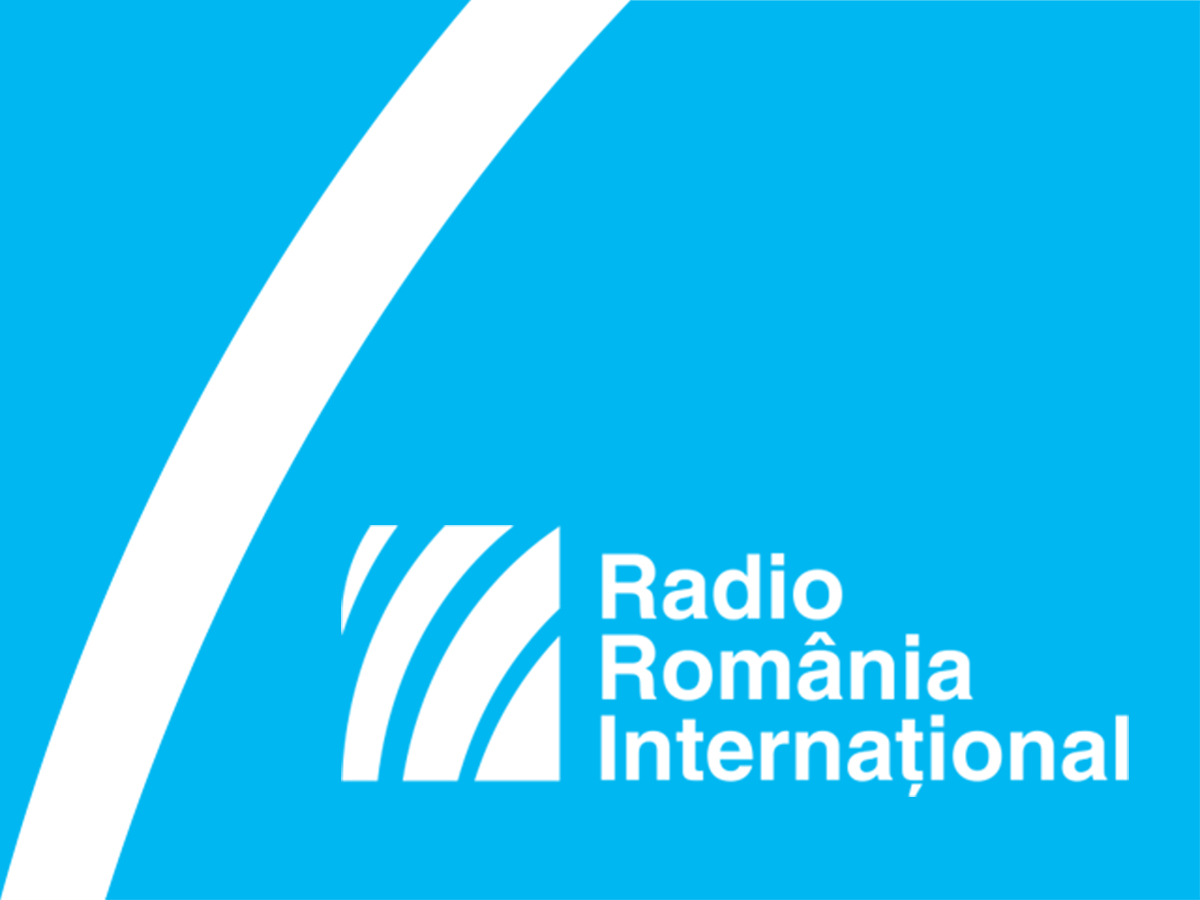50 years since the Romanian Communist Party’s declaration of independence
In the 1960s, the Romanian Communist Party tried to distance itself from USSR's Stalinist policies.

Steliu Lambru, 28.04.2014, 13:12
The end of Stalinism did not lead to the disappearance of Soviet practices meant to consolidate the former USSR’s sphere of influence. The brutal intervention against the Hungarian revolution of 1956, the construction of the Berlin Wall in 1961, the Cuban missile crisis in 1962 as well as the massive military clampdown in Czechoslovakia in 1968 made it clear to Moscow’s satellite countries and to the entire world that the Soviet Union had no intention to abandon its leading position in the international communist movement.
Nevertheless, back in the 1960s, the Romanian Workers Party made its first attempt to break free from the Soviet influence. Between April 15th and 22nd 1964, an extended meeting of the Romanian Workers Party ended in a declaration on the party’s position on issues related to the international communist and workers’ movement which included several principles such as, the observance of one country’s national sovereignty and independence, the principle of non-intervention in domestic issues, the mutual benefit and respect, the recognition of national specificity, history, and the right of every party to build its own path to communism.
According to some historians, the new direction in Romania’s foreign policy was not quite toeing the Soviet line. This courageous stand had attracted the Romanian president of the time Gheorghiu Dej the nickname of “the maverick of Eastern Europe”, a description that also applied later to his successor Nicolae Ceausescu, who came to power in 1965. The historian Larry Watts believes that Romania’s moves towards a certain independence from Moscow started in fact earlier, shortly after Stalin’s death:
“In my opinion this was not to a fresh start, but the continuation of a policy that started much earlier. Many people in the West who were interested in this area were almost exclusively concerned with the economic implications of this declaration. Economic issues sparked off a series of conflicts between Romania and the Council for Mutual Economic Assistance within hours of Stalin’s death. Romania’s position was constantly monitored since 1961 and was the focus of most reports conducted by intelligence agencies, such as those of the United States.”
Larry Watts says security and foreign policies were of great concern for the Romanian communists. He describes the series of events that led to Romania’s attempt to shake off Soviet influence:
“One of the events that led to a big crisis was a statement made by prime minister Gheorghe Maurer in 1964 regarding the Berlin Wall and the Cuban missile crisis. In both crises, Moscow had the armies of all the Warsaw Pact states on high alert ignoring the communist parties in these satellite countries. However, this was not the case with Romania. The situation called for a clear declaration from Romania with regard to its independence and national policy. The Cuban missile crisis made things even worse. In 1956, and even by 1962, Romania was in the same situation as the other members of the Warsaw Pact, whereby the ruling communist parties were trying to control state institutions and policies. For the first time after Stalin’s death it became possible to renegotiate these relations and make them more balanced. What Romania wanted was to also enjoy the authority that comes along with its responsibilities.”
The American historian also spoke about the arguments used by Gheorghe Gheorghiu Dej to distance Romania from the Soviet Union at the time:
“The Cuban missile crisis was a great revelation, in that it showed that the USSR was capable of starting a big war, even a nuclear war, without telling its allies. In 1964, during talks with the Chinese prim minister Zhou Enlai, Gheorghiu Dej for the first time admitted that Moscow was capable of such actions without any kind of consultation. Consultation was at the foundation of the Warsaw Pact, which Romania had also signed believing that no one would overstep its boundaries. The main problem was how to reduce the possibility that the USSR could use its nuclear weapons. The second problem was how to prevent the USSR from taking international unilateral action without involving Romania into a war, not necessarily a nuclear war. In his first public announcement after the 1964 declaration, Gheorghiu Dej said the response of the Warsaw Pact to nuclear threats from NATO and the US should not be nuclear escalation and threats of starting a nuclear war, but on the contrary, de-escalation. The fundamental observation made by Romania was that the Warsaw Pact and NATO share the same reality. Any unilateral action initiated by either side would affect both sides.”
Romania’s policy of distancing itself from the USSR would be continued by Dej’s successor, Nicolae Ceausescu. However, by the late 1970s it became clear that leaving the Soviet sphere of influence while maintaining the Soviet principles was not necessarily a realistic endeavour.






























